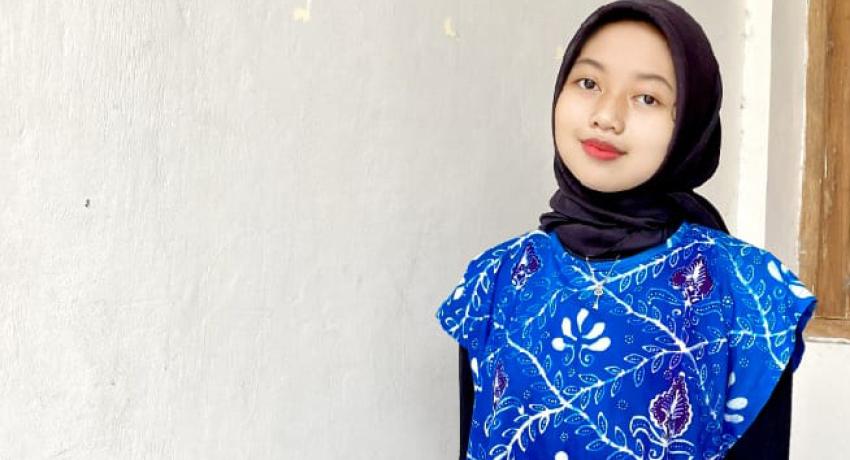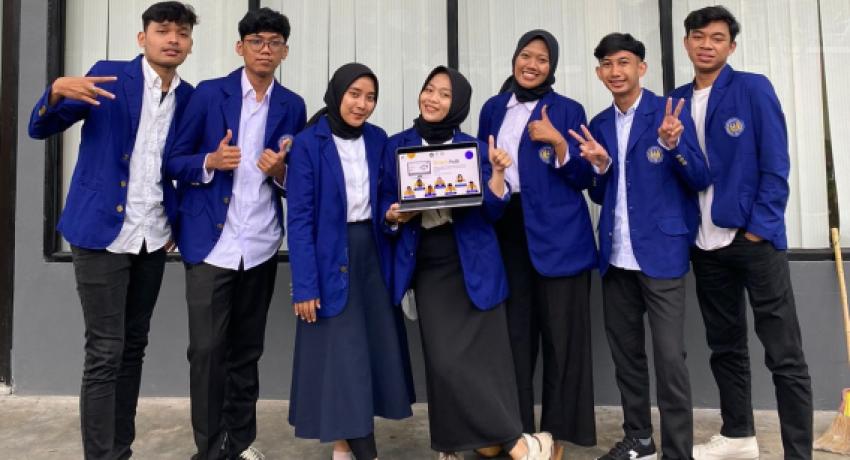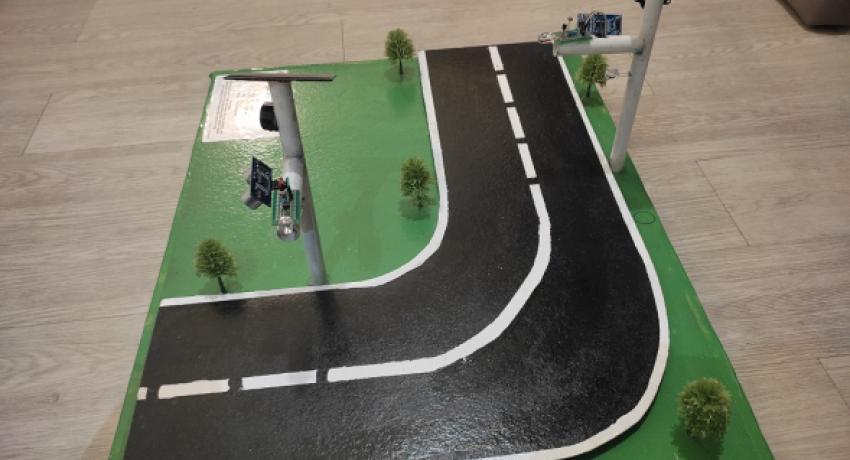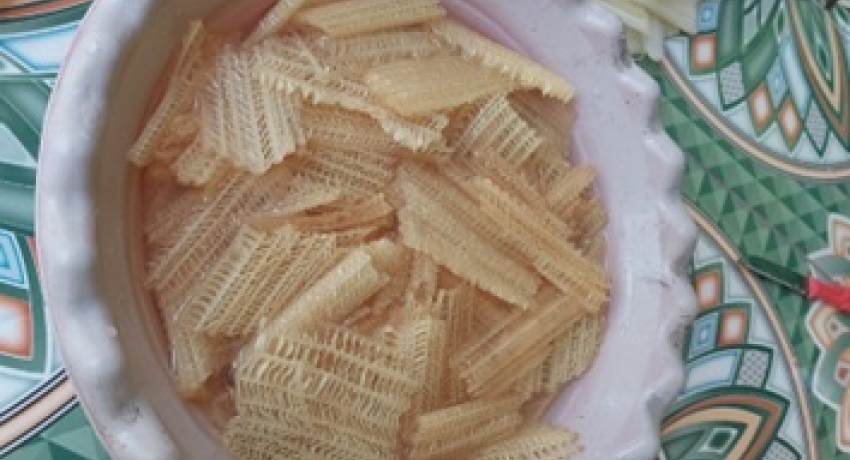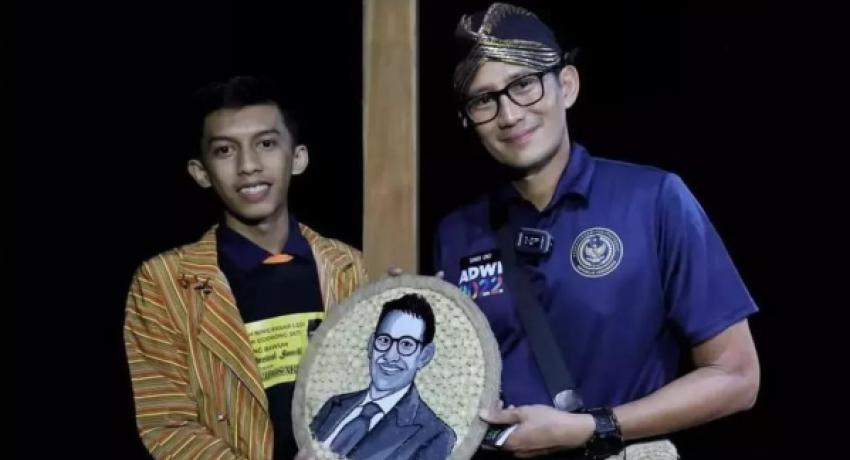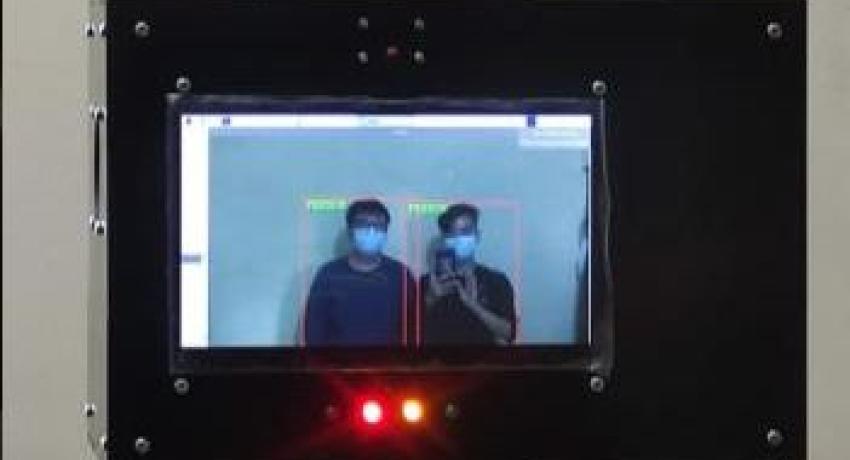Coconut Coir Fiber as Concrete Additive for Rural Road Pavement
Damage to roads with concrete pavement is often found in rural areas, one of the causes is the use of roads that exceed the maximum load of the road. This is due to inappropriate material selection or imperfect construction methods in implementation. Therefore, it is necessary to develop in the field of construction, especially road pavements that use concrete with the addition of mixtures from environmentally friendly materials.



